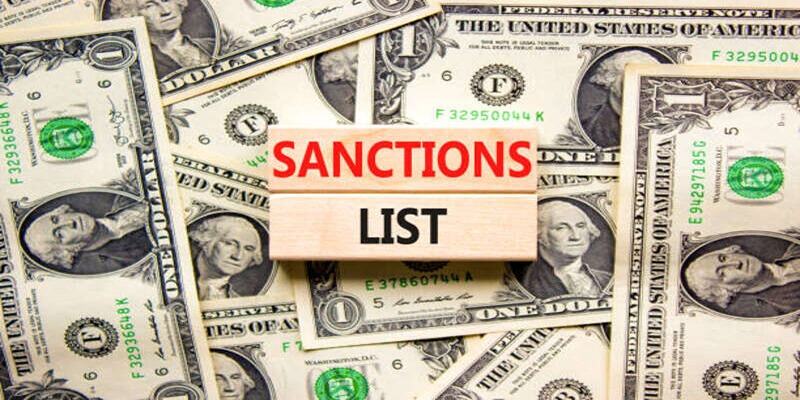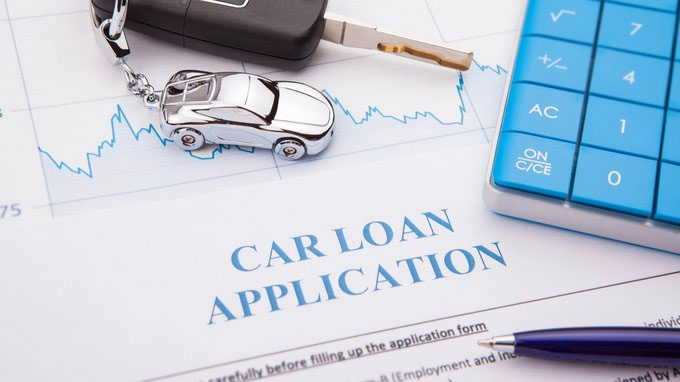Using a credit card to rack up benefits like cash back or airline miles is a terrific way to save money. When unexpected events occur, you may find yourself saddled with a slew of credit cards, each with a slightly different amount. The work of designing and implementing a debt repayment strategy may appear daunting, but you can do it.

It is possible to consolidate many credit card debts into a single bill. Consolidation solutions typically have lower APRs, which means you'll pay less interest over the life of the loan and pay it off sooner. Keeping track of everything becomes much more straightforward because there is only one payment and one due date each month.
Paying off credit card debt might be difficult, but the following suggestions can help:
Balance transfer card:
Pros:
- For the first three months, the APR is zero percent.
Cons:
- To be eligible, you must have good to outstanding credit.
- Balance transfer fees are standard.
- After the introductory period, the APR rises to the standard rate.
A credit card balance transfer, also known as credit card refinancing, transfers the existing debt to a new card with no interest charges for a promotional period, usually between 12 and 18 months. To be eligible for most balance transfer cards, you'll need decent to outstanding credit (FICO score of 690 or better).
The majority of balance transfer cards don't carry an annual fee, although some do charge a one-time fee of 3 to 5% of the transferred balance. Before signing up for a credit card, make sure that the interest savings you will accrue over the year will cover the cost of the fee.
Aim to pay off your entire balance before the introductory 0% APR term expires. Regular credit card interest rates will apply to proportions not paid in full by the due date.
Credit card consolidation loan:
Pros:
- Your monthly payment won't fluctuate if you have a fixed interest rate.
- Low-interest rates for those with solid credit.
- Some lenders offer to pay their debtors directly.
Cons:
- It's challenging to secure a cheap interest rate if you have poor credit.
- An origination fee may be charged on some types of loans.
- Members of credit unions must apply.
Credit unions, banks, and online lenders offer unsecured personal loans that can be used to consolidate credit cards and other types of debt. A lower annual percentage rate (APR) on your debt is the goal of the loan.

Loan terms and interest rates may be more lenient at credit unions than with online lenders, particularly for fair or poor credit (689 or lower on the FICO scale). Federal credit unions can charge a rate of interest of up to 18 percent.
In contrast to banks and credit unions, most internet lenders offer pre-qualification for credit card consolidation loans without damaging your credit score.Pre-qualifying offers you an indication of what to expect when you apply for a loan, such as the interest rate, loan amount, and repayment time.
Home equity loan or line of credit:
Pros:
- Loans for business purposes have lower interest rates than those for individual borrowers.
- A decent credit score may not be necessary to get a loan.
- Payments are reduced because of the extended repayment period.
Cons:
- To get a loan, you'll need to have enough equity in your property, and a home valuation is usually required.
- If you default on your loan, you may have to leave your house as collateral.
A line of credit, on the other hand, works like a credit card and has a variable interest rate, but a home equity loan has a fixed rate.
Compared to personal loans or debt transfer credit cards, you're likely to earn a lower interest rate with home equity loans. However, if you don't pay your mortgage on time, you could lose your house.











